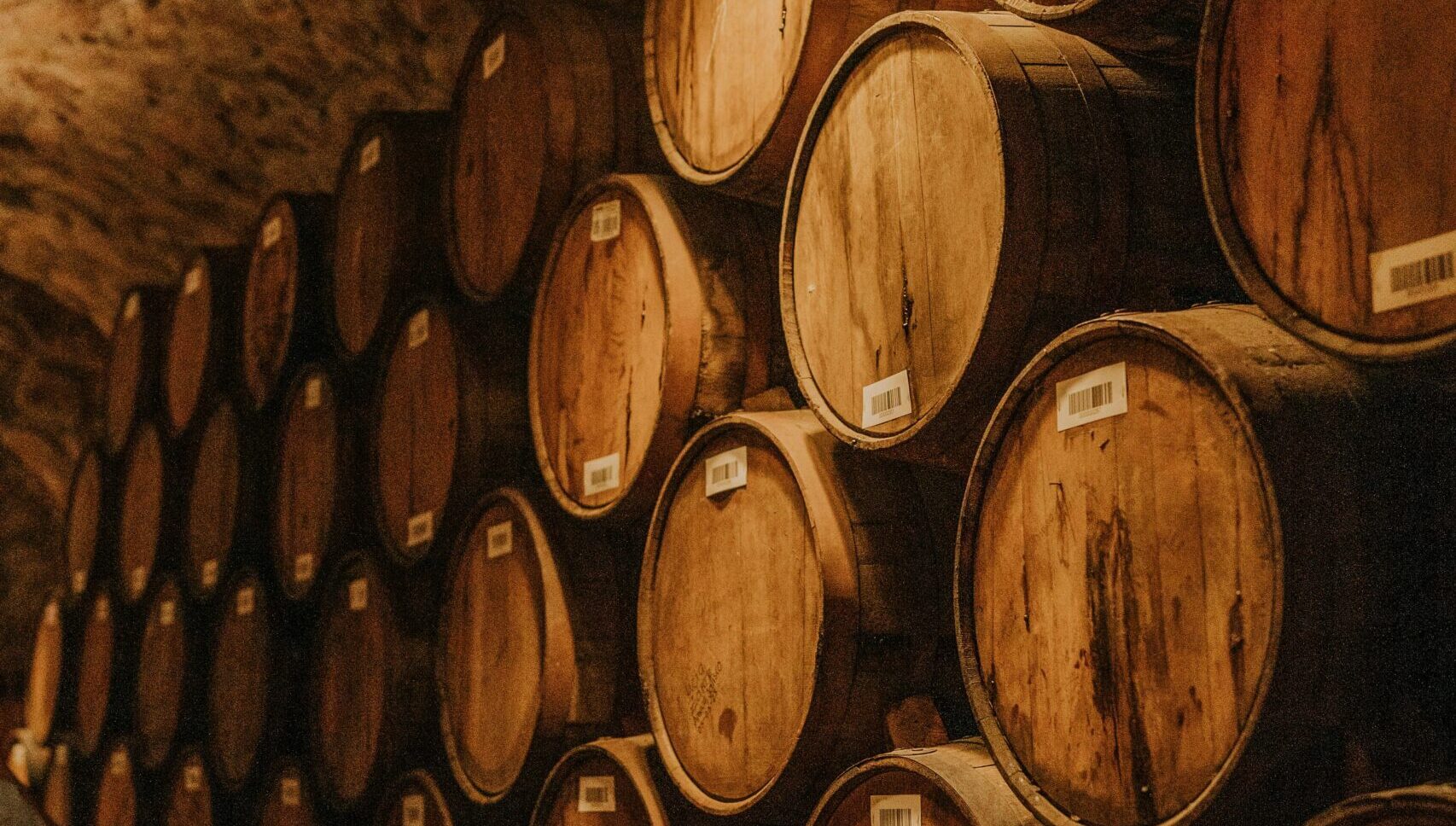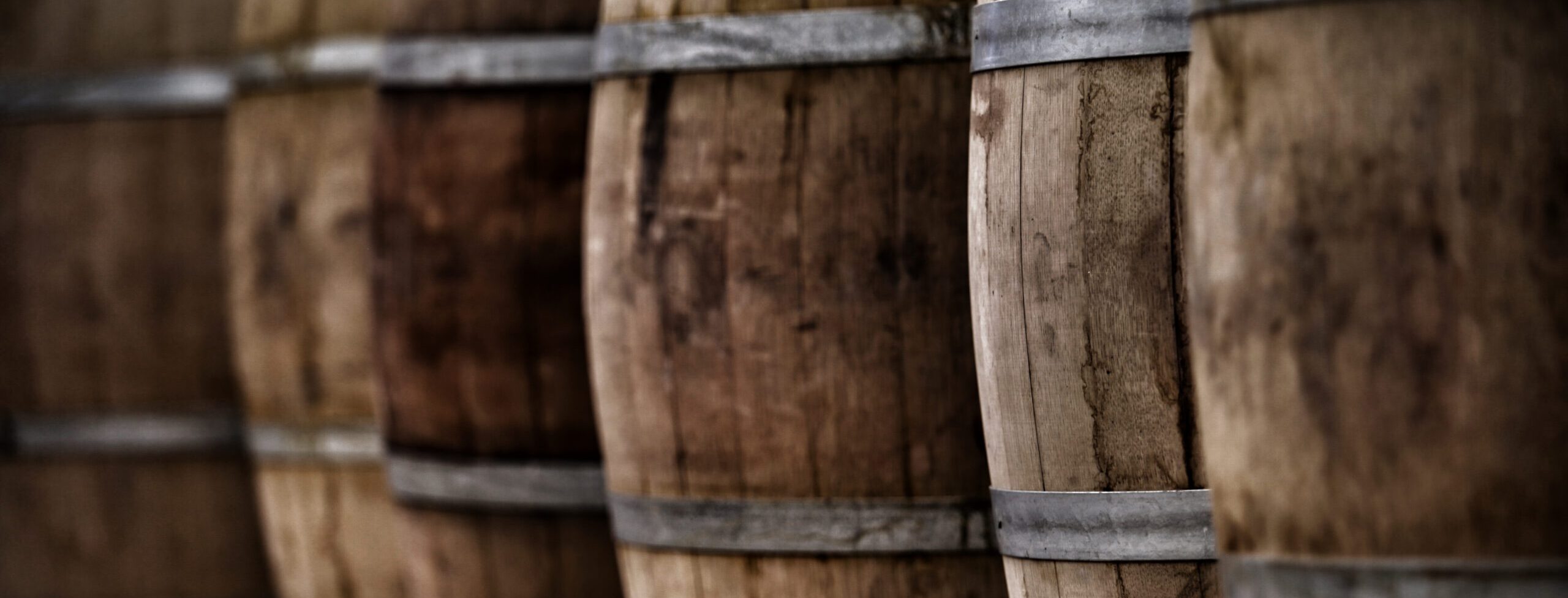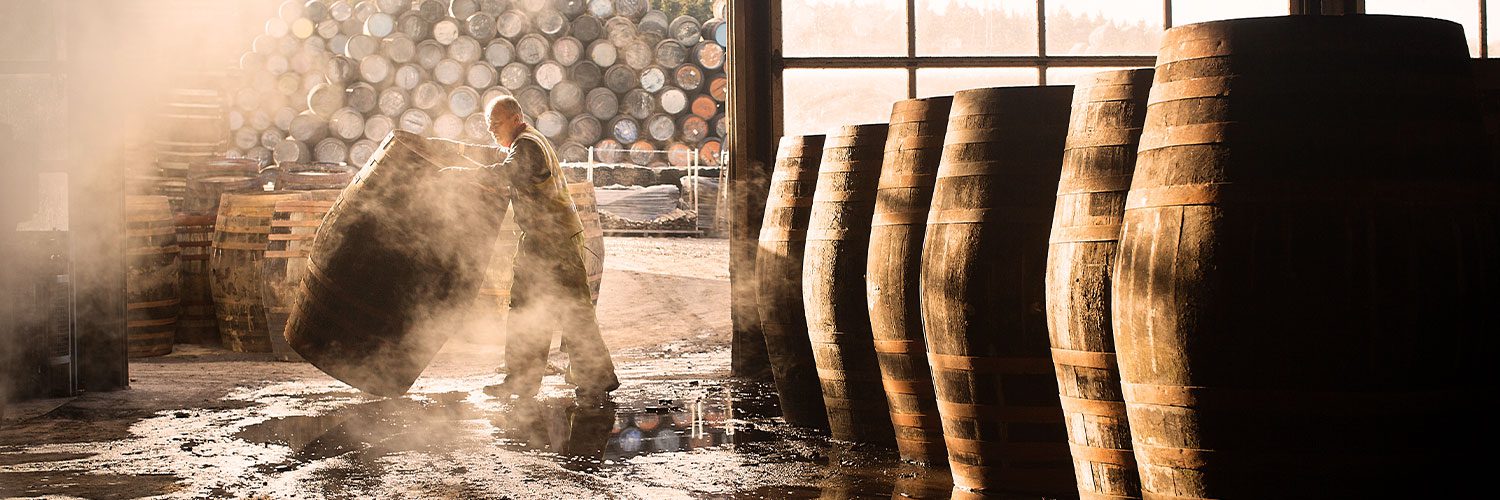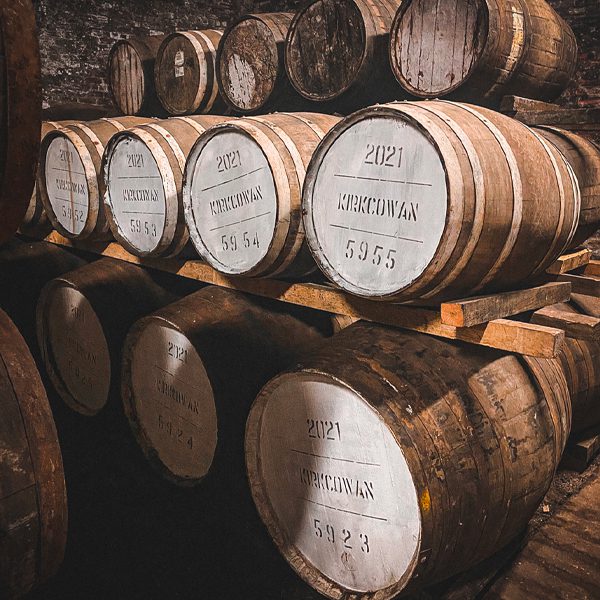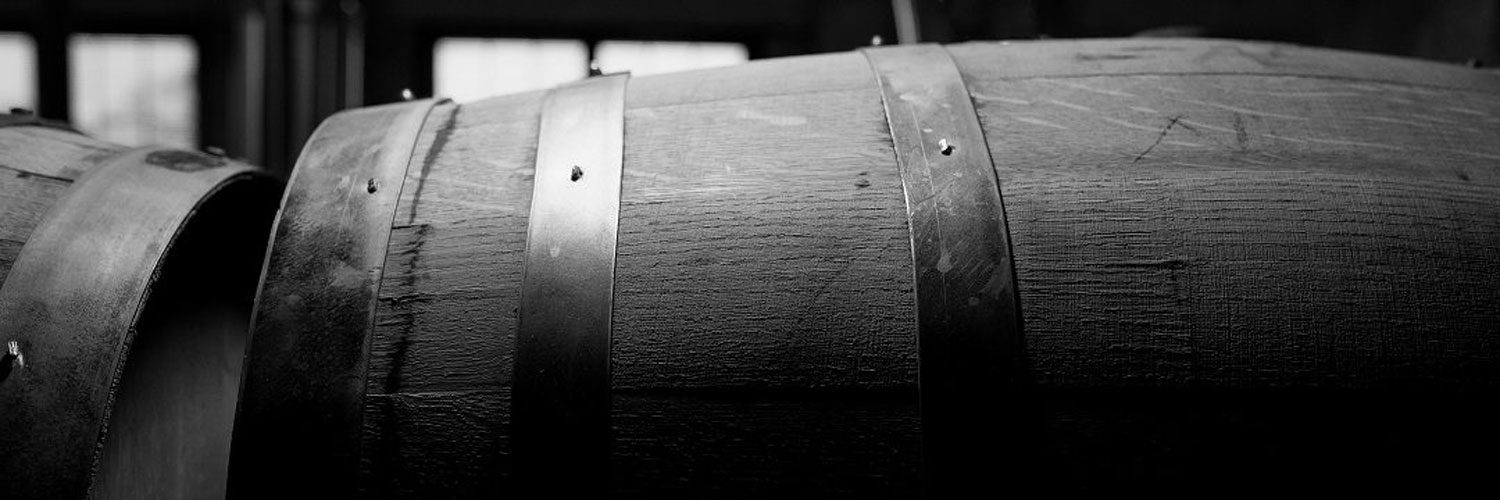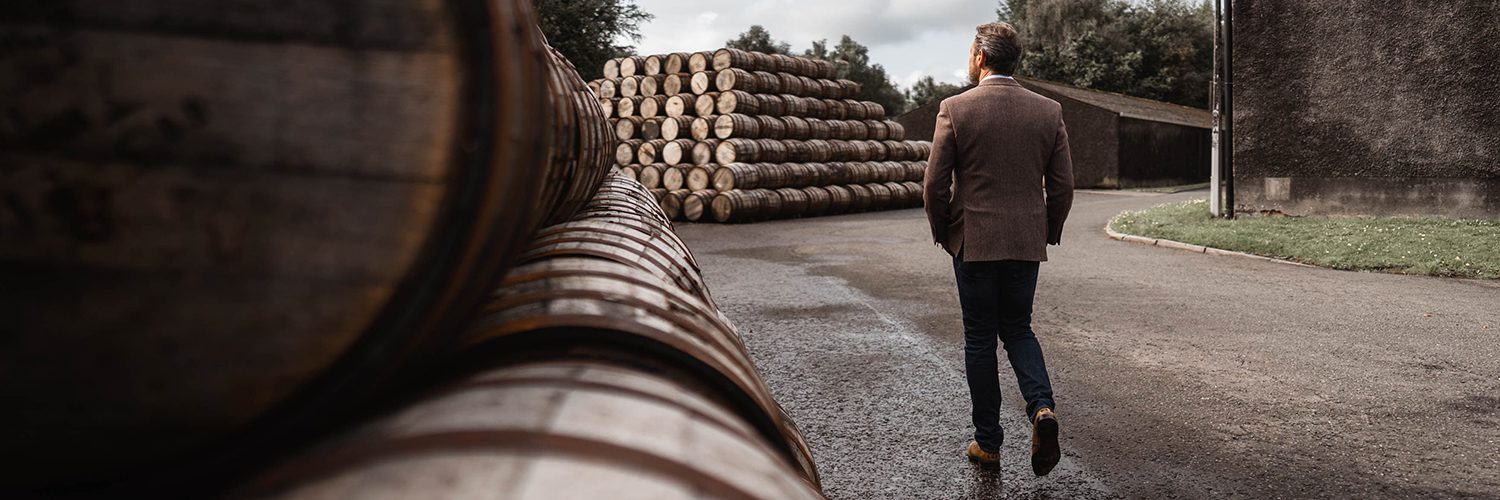Investments that fall into the category of ‘wasting assets,’ like wine and spirits, could help mitigate the reduction – more about those later.
Meanwhile, with the current CGT allowance currently slashed from £12,300 to £6,000 this tax year, investors are facing a further dramatic cut.
As a reminder to the 2023 Autumn Statement, the Chancellor announced in the March Statement plans to cut the CGT allowance in half to just £3,000 for the 2024/25 tax year. It’s the first time in 35 years that the level has been reduced in consecutive years and it spells bad news for investors. Profits could be impacted for those liable for the highest marginal rate of CGT of 28%, to the tune of £2,604 in extra tax. Even basic rate taxpayers will see a significant increase in CGT.
HMRC figures suggest that over half a million individuals and trusts could feel the effects, with 260,000 of them receiving a tax bill for the first time.

 Learn
Learn



